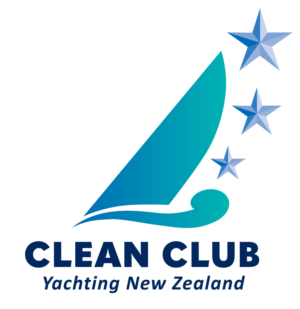Many cleaning products contain phosphates and other chemicals that are toxic to aquatic ecosystems. Before using products with hazardous warning labels, such as skull and crossbones, try a natural cleaner like vinegar. Examples:
- Fiberglass Stains: Make a paste of baking soda and water. Use a sponge or soft cloth and gently rub the mix into the stain. This paste can also be used to clean onboard showers and heads. While baking soda is an excellent all-around cleaner, keep in mind that it is abrasive, so use with care. Use lemon or lime juice as a final wipe-down for a shiny, fresh-smelling finish.
- Windows and Mirrors: Mix vinegar, lemon juice and warm water. Fill a spray bottle with the solution. Spray it on your windows and wipe with paper towels or newspapers.
- Chrome: Use apple cider vinegar on a soft cotton cloth to rub it clean. Then, use a fresh cloth with a dab of baby oil to restore it to a bright shine.
- Brass: Worcestershire sauce, vinegar and salt solution
- Copper Fittings: Make a paste of either lemon or lime juice and salt. Rub gently to clean.
- Stainless Steel: Clean with a cloth dampened with undiluted white vinegar.
- Aluminum: Using a soft cloth, clean with a solution of cream of tartar and water.
- Plastic Surfaces: Use a mixture of one part white vinegar and two parts warm water.
- Decks: Use a mixture of one part white vinegar and eight parts warm water.
- Interior Woods: Can be cleaned by using olive oil or almond oil. The oil will provide natural moisturizers for the wood and add shine at the same time. Don’t use these oils on exterior surfaces, however, since they don’t hold up in direct sun.

